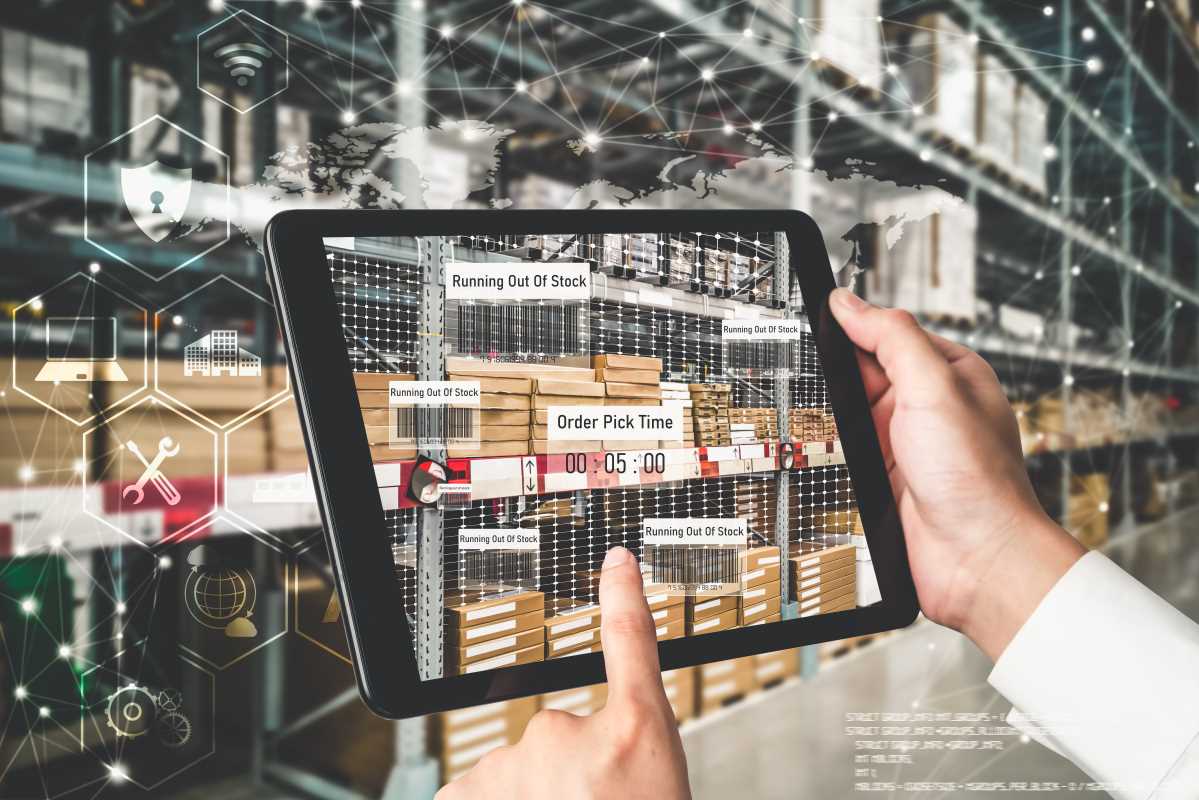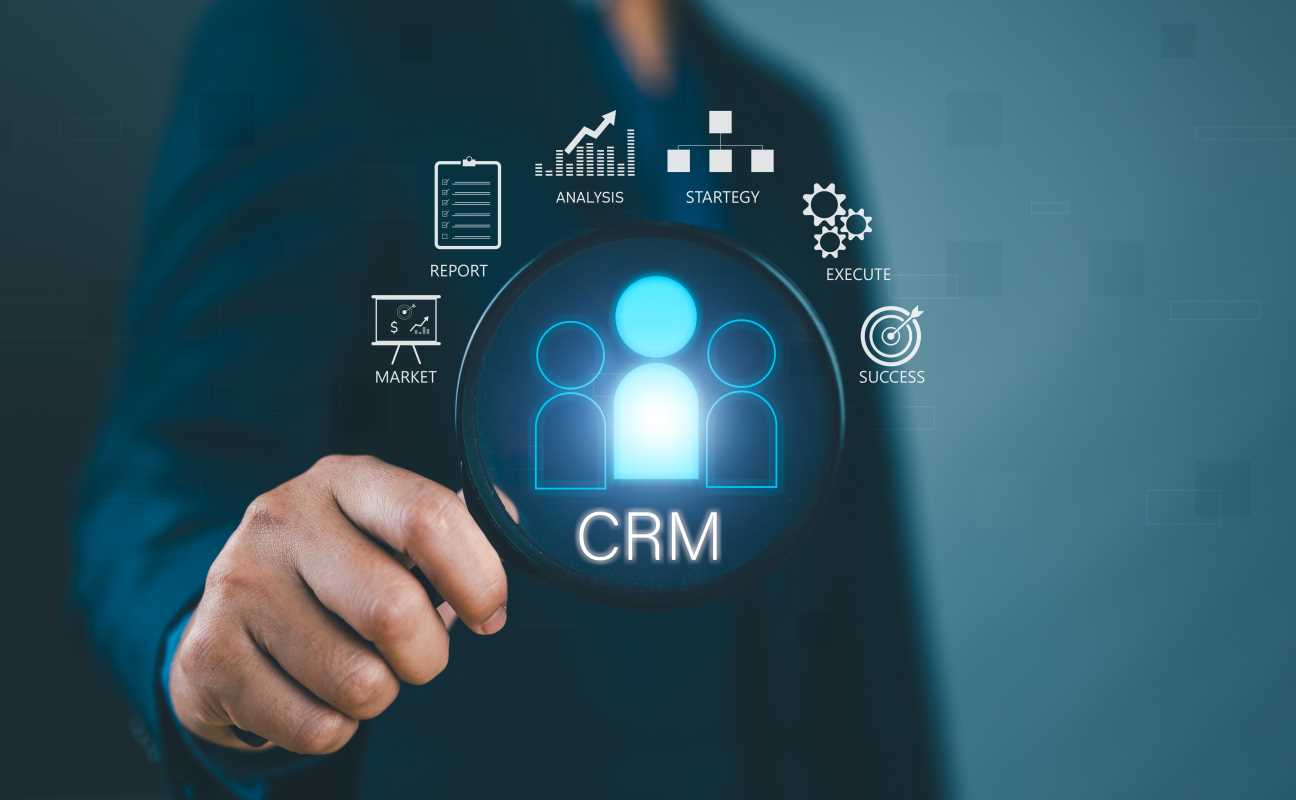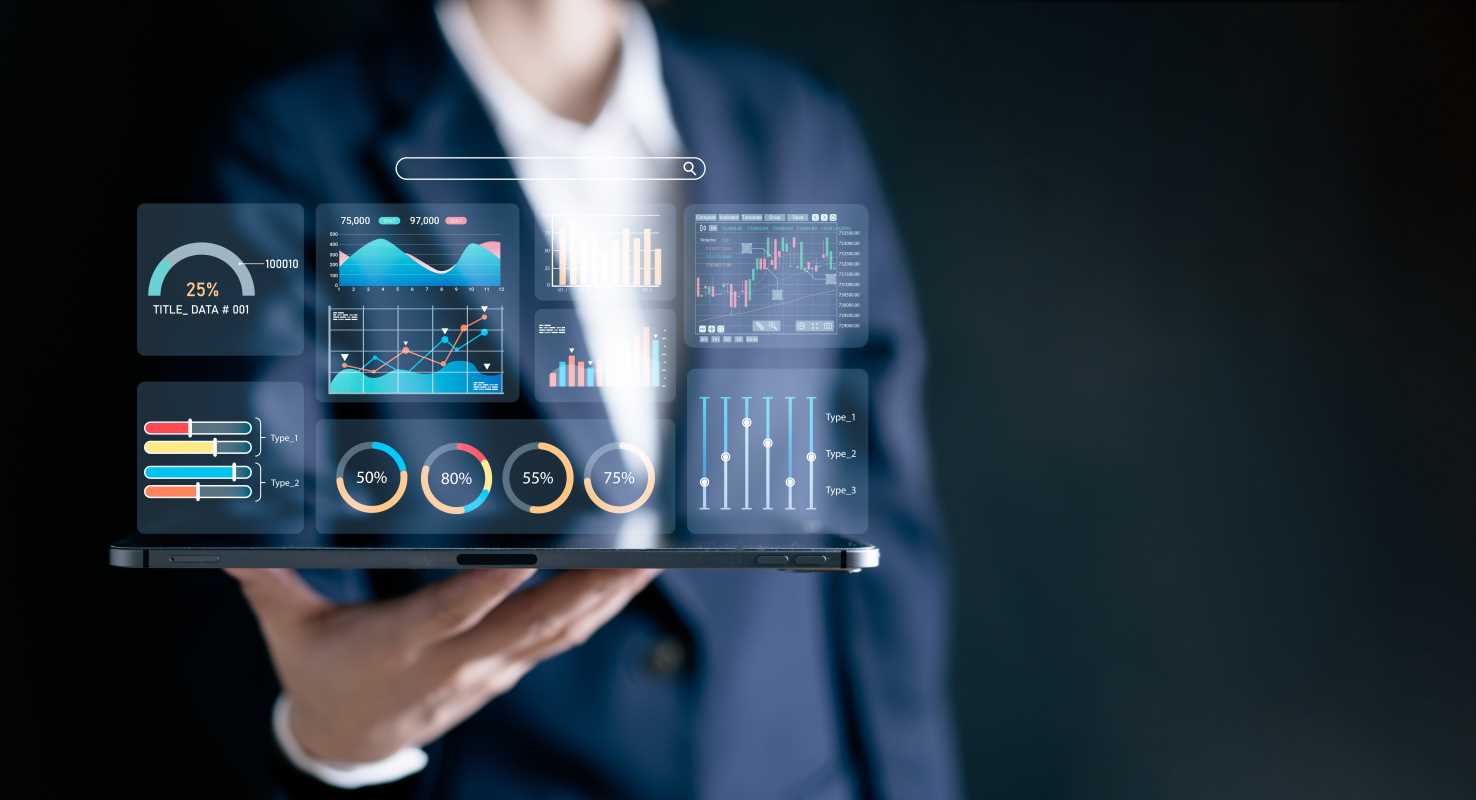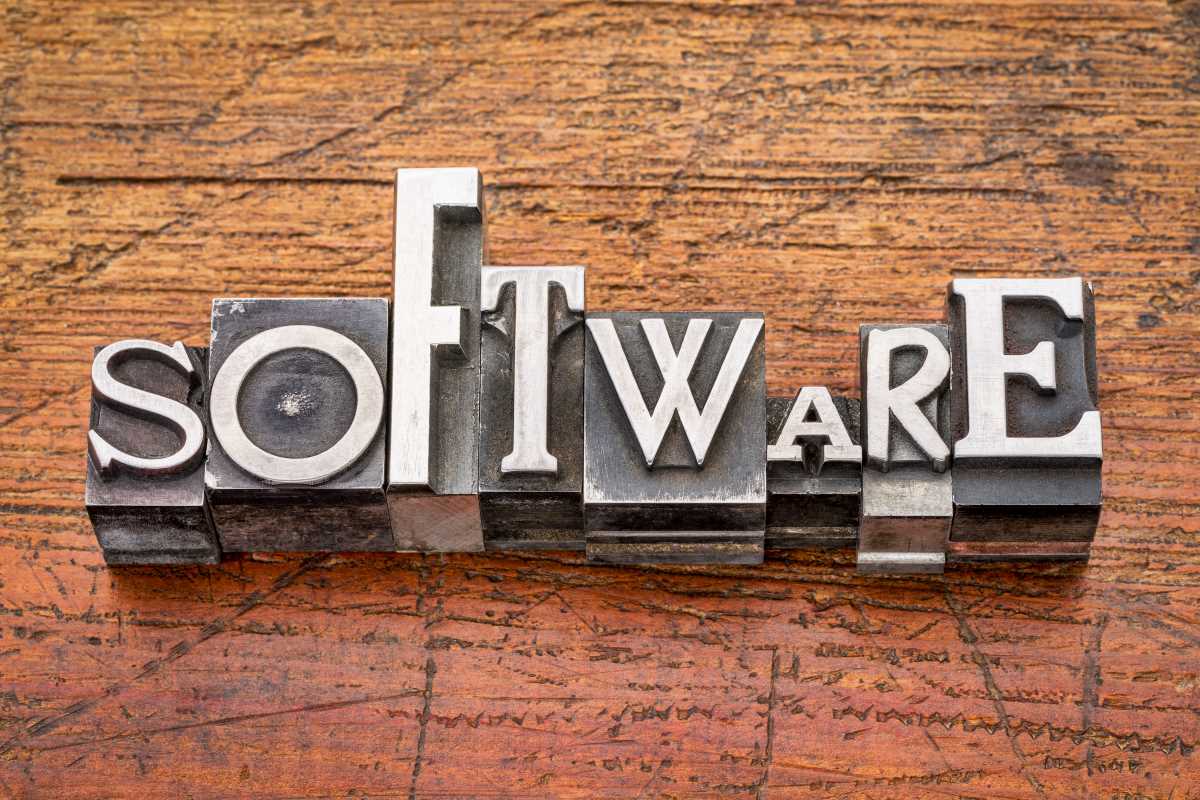Digital marketing has always been a fast-moving field, but the recent explosion in Artificial Intelligence has shifted it into an entirely new gear. Marketers used to spend countless hours manually analyzing spreadsheets, guessing which ad copy would perform best, and creating broad campaigns they hoped would resonate with their audience. Today, AI is acting as a brilliant co-pilot, automating tedious tasks and providing insights at a scale and speed that were previously unimaginable. This technology is fundamentally changing the marketing playbook by enabling a level of personalization and efficiency that was once the stuff of science fiction.
What's New with AI in Marketing?
The first wave of AI in marketing focused on basic automation. The latest innovations, however, are far more sophisticated. They are moving from simply doing tasks to understanding, predicting, and creating. This shift is powered by advancements in machine learning and, most notably, generative AI—the technology behind tools like ChatGPT.
Here are the key areas where the newest AI tools are making the biggest impact:
- Hyper-Personalization at Scale: AI can now analyze millions of data points—like past purchases, browsing behavior, and even the time of day a user is most active—to deliver a unique experience for every single customer.
- Predictive Analytics: Modern AI tools can forecast future trends and customer behavior with startling accuracy. They can predict which customers are at risk of leaving, what product a person is likely to buy next, and what the lifetime value of a new lead will be.
- Generative Content Creation: This is the most talked-about innovation. Generative AI can create original content, including blog post drafts, social media captions, email copy, and even images and video scripts, based on a simple prompt.
- Intelligent Automation: AI is moving beyond simple "if this, then that" rules. It can now manage complex processes, like optimizing multi-channel ad campaigns by automatically shifting budget between platforms like Google, Facebook, and TikTok to achieve the best return on investment.
Key Innovations
Let's dive into the specific types of tools that are reshaping the digital marketing landscape and the groundbreaking features they offer.
1. AI-Powered Content Generation and Optimization
This is where generative AI truly shines. These tools are no longer just grammar checkers; they are creative partners that can help marketers overcome writer's block and produce high-quality content faster than ever.
- What's innovative: Instead of just suggesting keywords, these tools can generate entire blog outlines, write multiple versions of ad copy for A/B testing, and craft personalized email campaigns. They can also analyze existing content and suggest improvements to its tone, clarity, and SEO performance based on top-ranking competitors.
Examples of tools:
- Jasper (formerly Jarvis): One of the early leaders in AI writing, Jasper uses advanced models to generate a wide range of marketing copy, from product descriptions to long-form articles, based on user-defined prompts and brand voice.
- Copy.ai: This tool excels at generating creative copy for social media, ads, and email. It provides numerous templates to help marketers quickly produce content for specific channels.
- Surfer SEO: This tool combines content creation with deep SEO analysis. It analyzes top-ranking pages for a target keyword and provides a real-time editor that scores your content on hundreds of factors, guiding you to create an article that's optimized to rank on Google.
2. Predictive Lead Scoring and Audience Segmentation
Not all leads are created equal. In the past, marketers and salespeople had to rely on basic demographic information or gut feelings to decide which leads to pursue. AI changes that by bringing data science to the process.
- What's innovative: AI platforms can connect to your CRM and website analytics, analyzing thousands of behavioral signals to assign a "lead score" to each new contact. It can identify the specific combination of actions (like visiting the pricing page and downloading a whitepaper) that indicate a lead is ready to buy. It can also automatically segment your audience into hyper-specific groups for targeted campaigns.
Examples of tools:
- HubSpot's Predictive Lead Scoring: Integrated into its powerful CRM platform, HubSpot's AI analyzes your historical data to identify your best customers and then scores new leads based on how closely they match that ideal profile.
- Salesforce Einstein: This AI layer within Salesforce provides predictive lead scoring, opportunity insights (predicting which deals are most likely to close), and automated recommendations for next steps a salesperson should take.
3. AI-Driven Advertising and Media Buying
Managing digital ad campaigns can be incredibly complex. AI is automating the process of bidding, targeting, and optimization, allowing marketers to achieve better results with less manual effort.
- What's innovative: AI algorithms can manage ad budgets in real-time, automatically allocating more spend to the ads and platforms that are performing best. They can analyze results every minute of the day and make micro-adjustments that a human analyst could never manage. Google's Performance Max campaigns are a prime example, using AI to run ads across all of Google's channels from a single campaign.
Examples of tools:
- Google Performance Max: This is less a tool and more a campaign type. You provide Google's AI with your creative assets (text, images, video) and your conversion goals, and it automatically finds the optimal mix of channels (Search, Display, YouTube, Gmail) and bidding strategies to meet those goals.
- Albert AI: This is a self-learning digital marketing platform that plugs into your existing ad accounts. It autonomously manages and optimizes campaigns across paid search, social media, and programmatic advertising, essentially acting as an AI media buyer.
 (Image via
(Image via





